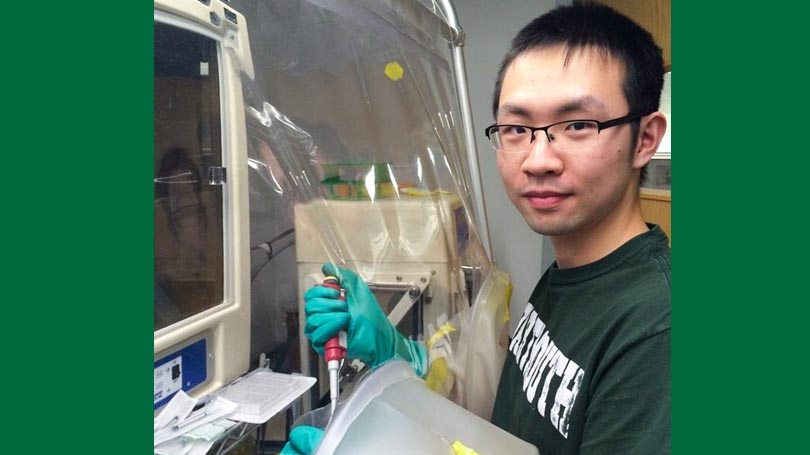
- About
- Who We Are
- Visiting Dartmouth
- Life & Community
- Student, Postdoc, and Alumni Spotlights
- Sophie von Fromm, Postdoc
- Boyoon Chang, Postdoc
- Tom Zdyrski, Postdoc
- Johnathan Rodgers Gochicoa, Guarini
- Beatriz Mercado, Guarini Community Fellow
- Kathleen Paul, Guarini Community Fellow
- Gilbert Rahme, Guarini '17
- Wei-Cheng Wu, Guarini
- Himanshu Goswami, Guarini
- Stuti Agrawal, Guarini First Year Graduate Student Fellow
- Pradipta Debnath, International Graduate Student Mentor Program
- Sarah Cornelius, Guarini
- Rachel Garlick, Guarini '21
- Dylan Green, PhD '24
- Spotlight Archive
- News & Events
- Academics
- Academic Calendar
- Graduate Registrar
- Academic Requirements
- Academic Standing
- Courses
- Transcript Requests
- Enrollment Verification
- Academic Honor and Conduct Policies and Procedures
- Thesis, Dissertation, or Course-Track Fulfillments
- PhD Innovation Program at Dartmouth
- IvyPlus Exchange Scholar Program
- Internship and Experiential Dartmouth Learning Courses - Graduate Students
- Graduate School Academic Policies and Forms
- Admissions
- Programs
- Chemistry
- Cognitive Neuroscience
- Comparative Literature
- Computer Science
- Earth Sciences
- Ecology, Evolution, Environment and Society
- Health Policy and Clinical Practice
- Integrative Neuroscience
- Master of Arts in Liberal Studies (MALS)
- Master of Energy Transition
- Mathematics
- Molecular and Cellular Biology
- Physics and Astronomy
- Psychological and Brain Sciences
- Quantitative Biomedical Sciences
- Sonic Practice
- Interdisciplinary Programs
- Research and Training Opportunities
- Applying to Dartmouth
- Non-Degree Applicants
- Prospective Students
- Financial Support
- Community
- GuariniGRAD
- Postdocs
Back to Top Nav
Back to Top Nav
Back to Top Nav
Back to Top Nav
Back to Top Nav